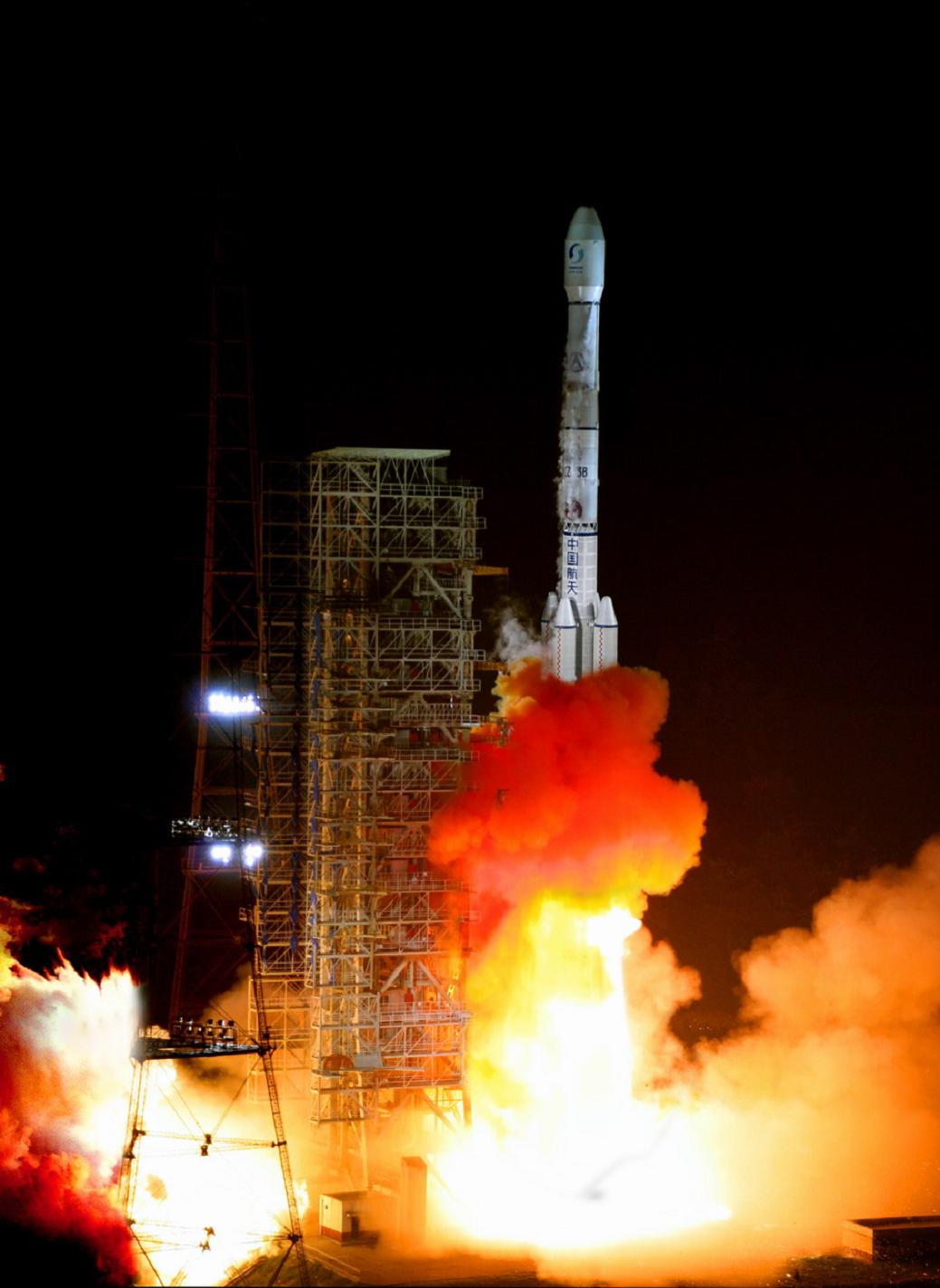
China's Long March Rocket Booster Makes Uncontrolled Reentry Back to Earth
['debris', 'China', 'rocket', 'stage', 'uncontrolled']
A Chinese Long March 5B rocket first stage made an uncontrolled, fiery reentry through Earth's atmosphere over Southeast Asia today (Saturday), six days it launched a new science module to China's Tiangong space station. While the eventual return of the boost…
China's Long March Rocket Booster Makes Uncontrolled Reentry Back to Earth
A Chinese Long March 5B rocket first stage made an uncontrolled, fiery reentry through Earth's atmosphere over Southeast Asia today, six days it launched a new science module to China's Tiangong space station. While the eventual return of the booster was known, China made the decision to let it fall uncontrolled. The US Space Command confirmed reentry of the debris from the roughly 30-meter-long core stage of the Long March 5B occurred at 12:45 p. m. Eastern time on July 30, 2022 over the Indian Ocean. "The People's Republic of China did not share specific trajectory information as their Long March 5B rocket fell back to Earth," Nelson said. "All spacefaring nations should follow established best practices, and do their part to share this type of information in advance to allow reliable predictions of potential debris impact risk, especially for heavy-lift vehicles, like the Long March 5B, which carry a significant risk of loss of life and property. Doing so is critical to the responsible use of space and to ensure the safety of people here on Earth." This is not the first time China has decided to let a booster fall back to Earth uncontrolled. China also did not share any information on why the booster would be falling back to Earth uncontrolled, but as NASA Associated Administrator for Science Thomas Zurbuchen said, something must have gone terribly wrong.